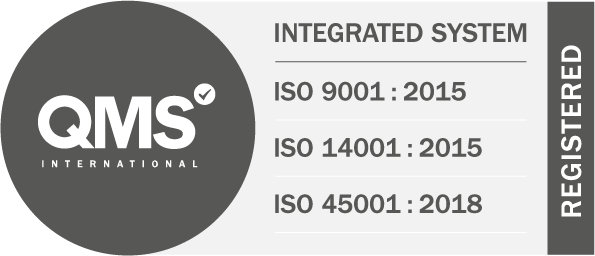Fleets need to develop a clear roadmap as they switch from petrol and diesel to electric vehicles over the next decade. Following the Five Ts can deliver a perfect plug-in strategy
Fleet managers need to concentrate on the ‘Five Ts’ as they prepare for the switch to electric vehicles over the next decade.
The focus comes as companies prepare for a rapid shift to zero-emission-capable transport by 2030, ahead of a proposed ban on the sale of new petrol and diesel cars and vans, including hybrids, by 2035.
The five Ts refer to Technology, Total Cost of Ownership, Training, Timing and finally Transition, which are the essential components of a successful switch.
Follow our guide to the five Ts as part of your fleet management electrification strategy.
Technology
Technology will play a critical role as fleets prepare for change and introduce new vehicles. A key starting point is data, which is an essential aspect of adapting policy. Fleets can use vehicle tracking technology to closely monitor how cars and vans are used, so they can identify travel patterns that are most suited to early electrification. This could be city-based vehicles or those that typically cover local journeys, with occasional longer trips. Fleet managers will also need to assess the infrastructure needed to recharge at home, at the workplace and in public. Software will play a vital role in processing the wealth of data related to vehicle use, while also helping firms to manage a more complex fleet of petrol, diesel, and electrified vehicles during the transition in a safe and efficient way.
Total Cost of Ownership
Total Cost of Ownership, or wholelife costs, will be a vital tool during the switch to zero-emission vehicles. It enables businesses to understand how vehicles compare. Total Cost of Ownership (TCO) provides a standardised way to look at vehicles by comparing their cost per mile. Data includes purchase, lease or rental costs, and predicted spending on repair, maintenance, fuel, or electricity. It also incorporates depreciation, residual values, and taxes for both driver and company. While electric vehicles tend to have higher list prices, they are cheaper to operate and tax, often leaving them with a TCO advantage compared to petrol and diesel.
Training
Fleets will need to focus on three broad areas when it comes to training. Firstly, board members will need to be briefed on the fleet transition strategy and the government’s Road to Zero plans, so they understand the importance of embracing change. Fleet managers will also need to invest in their own training and education programmes, to ensure they are a source of expertise within their businesses to support and deliver the strategy. Finally, drivers will need to be trained on the best way to operate EVs, including guidance on charging and support with adapting their driving style to minimise risk and maximise range.
Timing
The countdown has started towards the end of the fossil fuel era on the UK’s roads, so fleet managers need to start preparing today. They need a timetable for change to share within the business to identify any potential barriers and develop solutions. The government is currently targeting 2030 as the start of the switch to EVs, with a ban on the sale of cars and vans that are solely powered by petrol and diesel. However, manufacturers will be switching production to focus on EVs in the coming years, meaning some vehicles on current choice lists may become harder to source.
Transition
Fleet managers can start the switch today by trialling the latest electrified cars and vans. Reflex Vehicle Hire is supporting the shift with the Reflex Renewable Drive Programme, a test drive initiative that puts fleet managers behind the wheel of zero-emission-capable vehicles. Transport executives will also need to assess how an all-electric fleet might affect current business operations. To fully understand the impact of change, managers will need to network with industry colleagues and suppliers to share insights. As an essential supplier, Reflex Vehicle Hire is supporting the switch to EVs through its market-leading flexible rental services, so customers can add vehicles to the fleet as required, or defleet them without incurring any charges or early termination penalties. Our award-winning Driive with Reflex modular risk management service is also providing essential insights, with telematics delivering fleet data that will drive future changes.
To discuss how Reflex Vehicle Hire can support your fleet on the Road to Zero, including vehicle tests as part of the Reflex Renewable Drive Programme, contact a member of our expert team.
Share to:
Find out more
Find out how Reflex Vehicle Hire can help your company.
Call 0330 460 9913 or visit our contact us page.








@2x.png)

